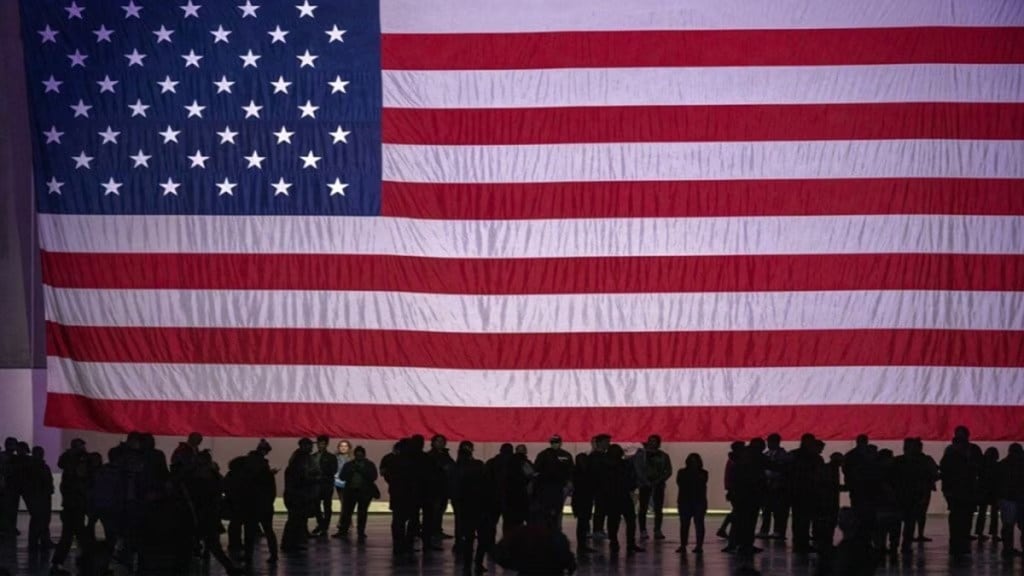Foreigners looking to travel to America are struggling to clear the immigration hurdles. The immigration process doesn’t seem to be as easy as it used to be, regardless of whether one is a tourist visiting relatives, a student on an F-1 visa, or a US Green Card holder.
Visa applications are being rigorously reviewed, and social media activity is being monitored to tighten the vetting process. The US has enhanced screening and vetting capabilities to detect foreigners who could harm American interests and deter them from entering the US. The US authorities are increasing awareness of immigration fraud consequences, including prison, fines, and removal.
The US is now demanding addresses, biometrics from H-1B visa applicants. US immigration authorities are launching an unprecedented move by issuing Requests for Evidence (RFEs) in H-1B and other employment-based visa cases, requiring applicants to provide home addresses and biometric data, Forbes reported. A Request for Evidence (RFE) is a notification requesting additional information or documents to support an application or petition and is not a denial, but is used to strengthen the case.
Varun Singh, MD, XIPHIAS Immigration says, “The U.S. government’s recent intensification of screening and vetting procedures for foreign nationals applying for immigration benefits is rooted in a multifaceted strategy aimed at bolstering national security, ensuring the integrity of immigration programs, and safeguarding public safety.”
On January 20, 2025, Trump signed the Executive Order titled “Protecting the United States from Foreign Terrorists and Other National Security and Public Safety Threats.”
The Secretary of State, in coordination with the Attorney General, the Secretary of Homeland Security, and the Director of National Intelligence have been asked to identify all resources that may be used to ensure that all foreigners seeking admission to the United States, or who are already in the United States, are vetted and screened to the maximum degree possible.
Therefore, international students, green card holders and other immigrants have come under greater scrutiny over the past few months.
The focus is also on non-immigrant visas used by foreigners to visit the United States as tourists or for business. Several examples of denials have been reported, in which B1/B2, tourist, and business visa applicants were denied visas.
H-1B work visa holders are also being advised by their employers to stay in the country unless necessary, due to slow visa processing and changing rules, posing risks of job loss or postponement.
“For individuals and employers navigating this evolving landscape, staying informed about policy changes and seeking expert guidance is crucial to ensure compliance and mitigate potential challenges in the immigration process,” adds Singh.


